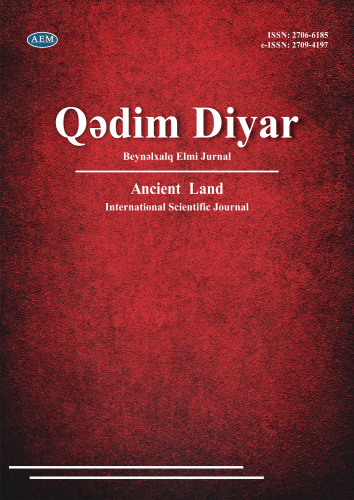DOI: https://doi.org/10.36719/2706-6185/46/243-246
Afsana Bashirzadeh
Azerbaijan State Pedagogical University
Master student
https://orcid.org/0009-0003-6240-8538
efsanebesirzade8@gmail.com
The Period of Enlightenment in the Manifestation of English Literature
Abstract
The Age of Enlightenment (also the Age of Reason and the Enlightenment) was an intellectual and philosophical movement taking place in Europe from the late 17th century to the early 19th century. The Enlightenment, which valued knowledge gained through rationalism and empiricism, was concerned with a range of social ideas and political ideals such as natural law, liberty, and progress, toleration and fraternity, constitutional government, and the formal separation of church and state. The Enlightenment was preceded by and overlapped the Scientific Revolution, which included the work of Johannes Kepler, Galileo Galilei, Francis Bacon, Pierre Gassendi, Christiaan Huygens and Isaac Newton, among others, as well as the rationalist philosophy of Descartes, Hobbes, Spinoza, Leibniz, and John Locke. The dating of the period of the beginning of the Enlightenment can be attributed to the publication of René Descartes' Discourse on the Method in 1637. Others cite the publication of Isaac Newton's “Principia Mathematica” (1687) as the culmination of the Scientific Revolution and the beginning of the Enlightenment.
Keywords: political, liberty, idea, publication, religious, increase

